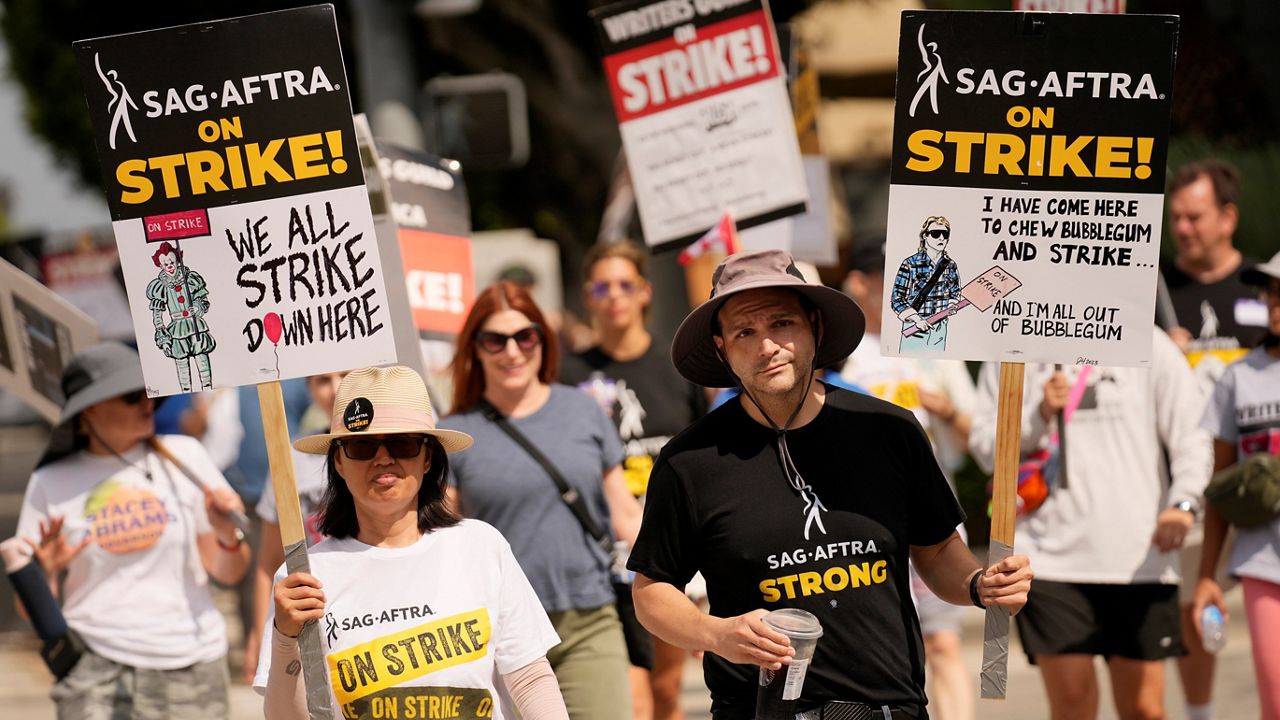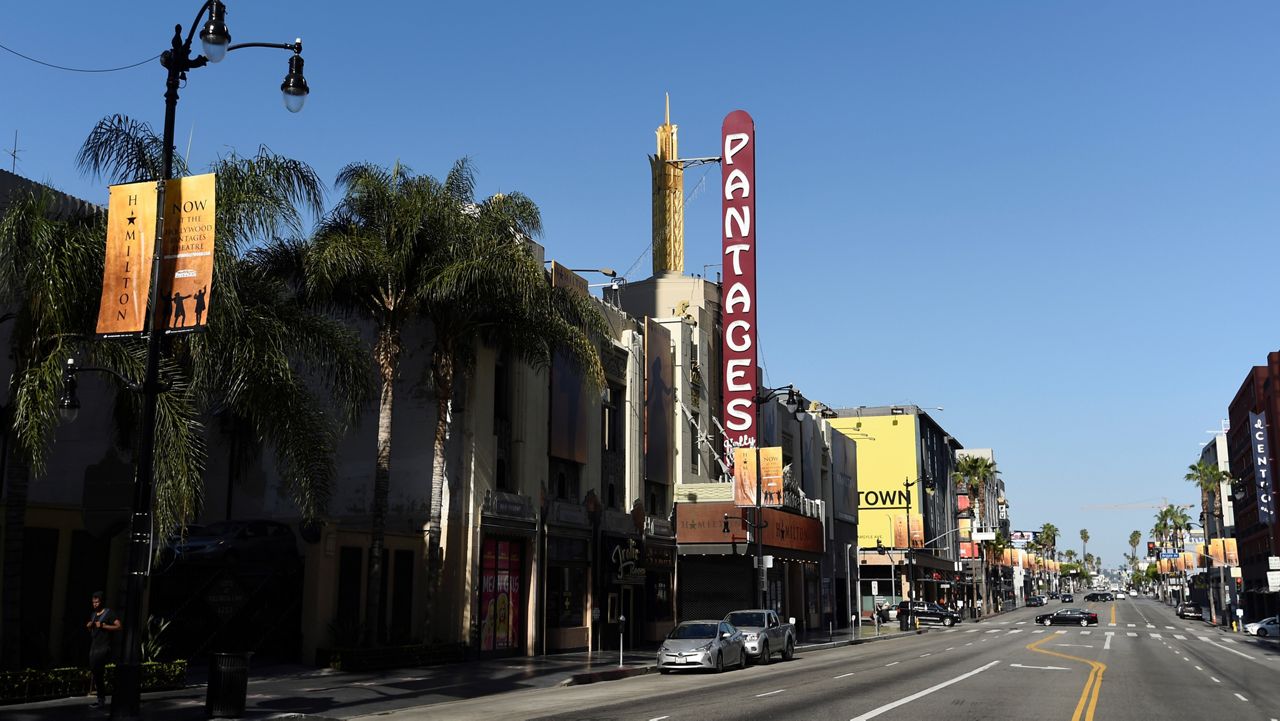LOS ANGELES (CNS) — The American Film Institute announced Wednesday it has received a $350,000 grant that will enable it to study thousands of short films produced in the silent and early sound eras of cinema, as well as to explore diversity in the early days of Hollywood.
The grant from the National Endowment for the Humanities will help fund a project called "Behind the Veil," in an homage to a "lost" 1914 film of that title directed by Lois Weber, a pioneering silent film actress, screenwriter, producer and director who died in 1939.
What You Need To Know
- The American Film Institute is a Los Angeles-based nonprofit that champions film as an art form and promotes film education
- The project is also intended "to document the cultural impact of women and people of color in the creation, distribution and reception of early cinema," according to AFI
- The grant is part of a wider NEH initiative called "A More Perfect Union"
- The AFI grant is part of $33.17 million in grants, covering 245 humanities projects around the country, that the NEH announced Wednesday
The AFI, a Los Angeles-based nonprofit that champions film as an art form and promotes film education, will run the project through a research team for the "AFI Catalog" — a database "of every American feature film and co-production released in the first century of the art form," according to the institute.
The project is also intended "to document the cultural impact of women and people of color in the creation, distribution and reception of early cinema," according to AFI.
"Film scholarship has long favored feature-length titles, and this partiality has significantly limited historians' efforts to study how people from diverse communities made films and how they saw themselves onscreen," said Sarah Blankfort Clothier, manager of the AFI Catalog.
"`Behind the Veil' is essential to working toward establishing a more inclusive and accurate canon of American film history. Documenting short film creators will provide opportunities for discovering the work of storytellers who have been excluded to date and open new doors of possibility for a more accurate account of America's cultural legacy."
According to AFI, the project will aim to shed light on the work of female and BIPOC (Black, Indigenous and People of Color) filmmakers who, in American cinema's early days, worked mainly in the short form.
Among them, according to AFI, are Alice Guy Blaché, "the world's first female director, who made hundreds of shorts"; William D. Foster, "America's first Black filmmaker, who worked solely in the short film form"; and actors such as Sessue Hayakawa, Tsuru Aoki, Myrtle Gonzalez, Red Wing.
"By documenting early short films and those involved in their creation, the AFI Catalog will work to expand the scope of scholarship to bring marginalized perspectives into view and unearth the complex, multi-layered diversity within American film history," the AFI announcement said.
The grant is part of a wider NEH initiative called "A More Perfect Union," which the NEH said will "help Americans commemorate the 250th anniversary of the Declaration of Independence in 2026 by exploring, reflecting on, or telling stories of our quest for a more just, inclusive and sustainable society throughout our history."
The AFI grant is part of $33.17 million in grants, covering 245 humanities projects around the country, that the NEH announced Wednesday.
"Behind the Veil" continues the AFI Catalog's exploration of diversity and parity on Hollywood. In 2019, with another $350,000 NEH grant, the catalog introduced the "Women They Talk About initiative," which documents the contributions and pioneering roles of female filmmakers in the silent era.










